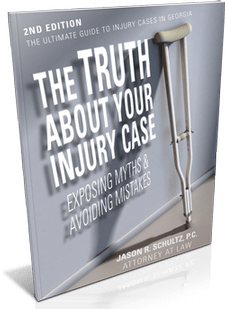What are hours of service?
Simply put, hours of service are the number of hours a commercial vehicle driver can spend behind the wheel. There are two separate categories for the restrictions affecting drivers carrying property versus those who carry passengers:
For passenger-carrying vehicles, drivers must adhere to the following limits:
- No more than 10 hours of driving a rest period of eight hours
- No driving after 15 on-duty hours following eight consecutive off-duty hours
- No more than 60/70 on-duty hours over seven/eight consecutive days
- Drivers must spend at least eight hours in a sleeper berth (if using one), although drivers can break up those hours over two periods as long as each period is at least two hours.
For property-carrying vehicles, the following limits apply to drivers:
- No more than 11 hours after 10 consecutive off-duty hours
- No driving beyond the 14th consecutive hour after coming on duty after the 10 consecutive off-duty hours
- Drivers must take rest breaks. There must be eight hours or less from the time a driver last was off-duty or had a minimum 30-minute sleeper berth period unless a "short haul" exception applies.
- May not drive more than 60/70 on-duty hours over seven/eight consecutive days. May restart a seven/eight day period after 34 or more consecutive off-duty hours
- If using a sleeper berth, drivers must spend at least eight consecutive hours in the berth, plus an additional two hours either off-duty, in the berth, or a combination of the two.
How do drivers record their hours of service?
Drivers must record hours; however, there is no specific mandate as to how drivers must record them. Some truckers may use logbooks, others may choose to use onboard recording devices. Drivers must log:
- Hours spent off-duty
- Hours spent in the sleeper berth
- Driving hours
- Hours spent on-duty but not driving
You can use this data to prove that the driver broke FMCSA regulations and was therefore behaving negligently. For example, if you see that the driver had been driving for 17 hours at the time of the crash, you can prove that he was fatigued at the time of the accident.
How do I obtain this information?
To obtain hours of service logs, you must request it in writing as soon as practicable. Because truck companies can destroy evidence after a certain period of time, the evidence might be lost forever if you wait too long.
Your attorney from the Law Office of Jason R. Schultz, P.C. can send a letter of spoliation, which requires the trucking company to preserve any evidence you request.
As shown above, the issues surrounding a truck accident can be complicated and difficult to prove.
For more information about how FMCSA regulations and negligence may affect your claim, contact the Law Office of Jason R. Schultz, P.C. today at 404-474-0804.


